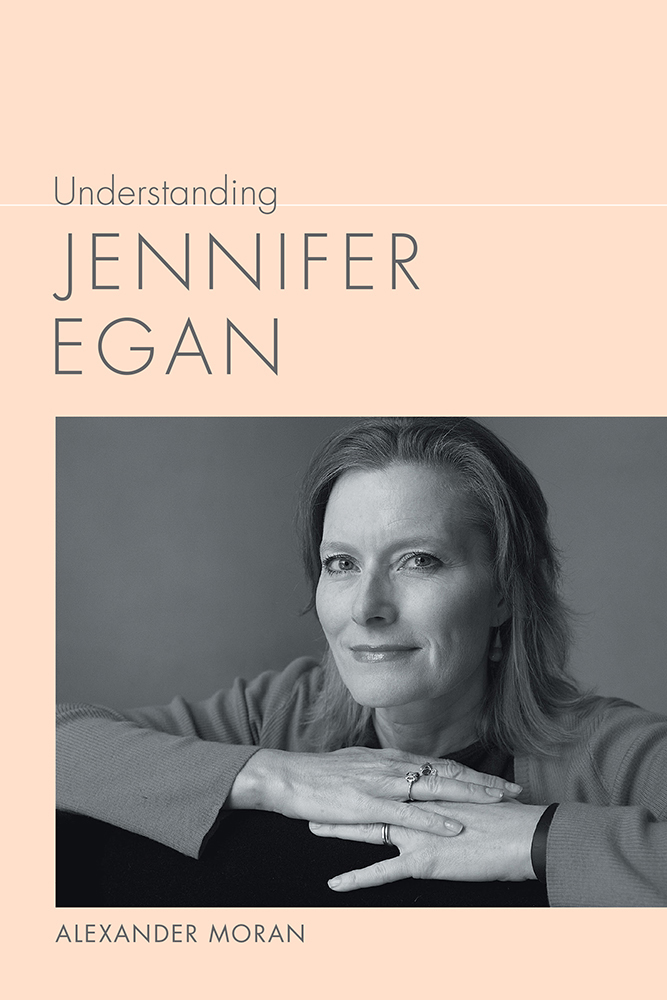characters making compromises in their careers
Sam is particularly involved in “Brady bonds,” a type of restructured bank loan given to poorer countries, as well as investments in “emerging markets” (11). That Caroline’s sculpting career is built on the back of these ethically questionable activities suggests that any pretense that her art is a…

